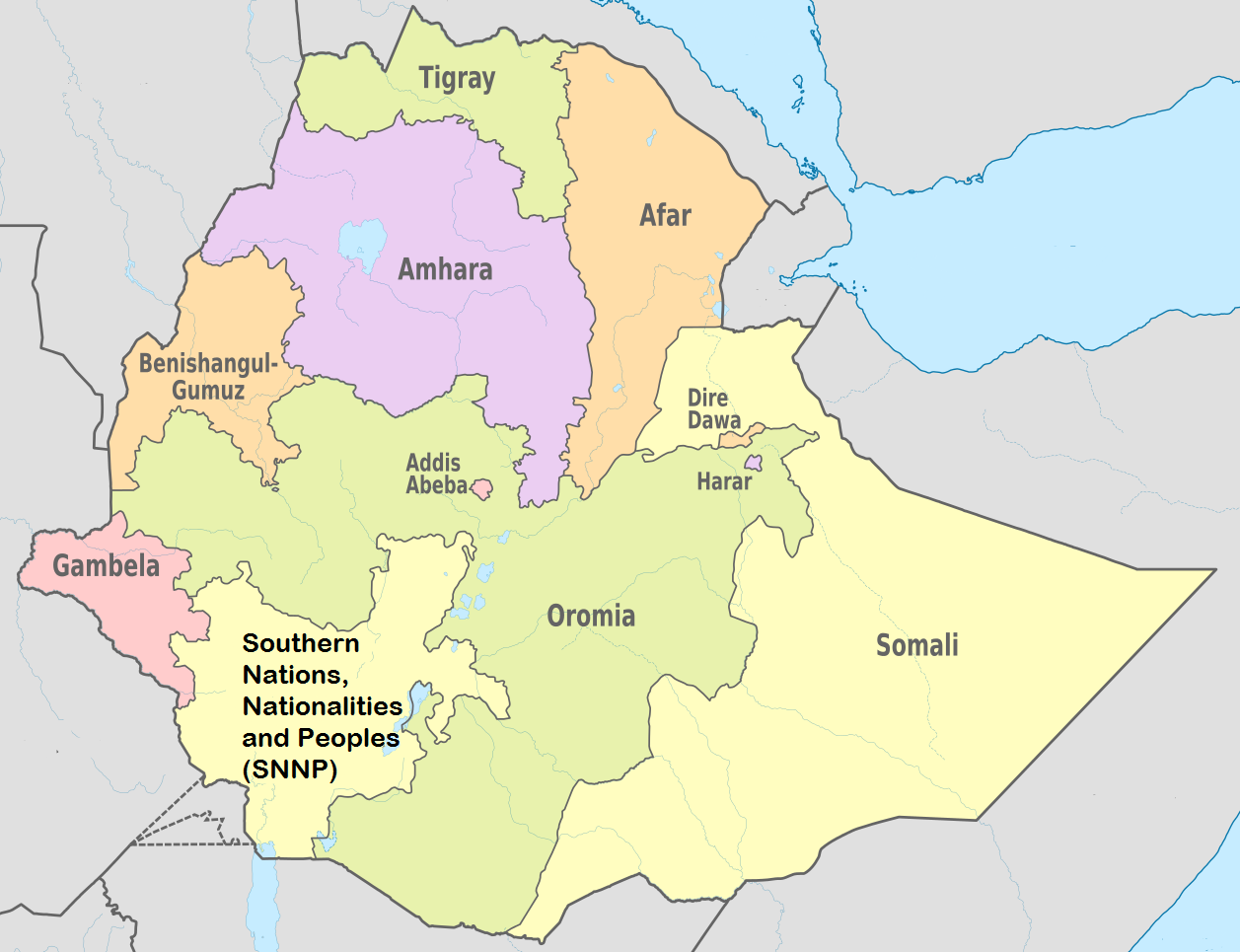
The war in Ethiopia’s northern Tigray region has cooled down since the signing of a peace deal in November. But a separate conflict is intensifying further south, in Oromia, where civilians are suffering as anti-government rebels step up attacks. Oromo Liberation Army (OLA) guerillas were previously confined to the fringes of western and southern Oromia, Ethiopia’s largest region. But analysts say the Tigray war created a security vacuum that has helped the OLA expand its long-running insurgency. The security situation is now “fast deteriorating,” the UN’s aid coordination agency, OCHA, warned in a report last month. Hundreds of thousands of civilians have been uprooted and essential services are not functioning in some conflict-affected areas.
The OLA feeds off grievances among the Oromo, Ethiopia’s largest ethnic group. They account for around 40% of the population but claim a history of oppression. Resentment has festered futher under current Prime Minister Abiy Ahmed, who is himself an Oromo.
The government has responded to the rebellion with a counterinsurgency offensive. The state-appointed Ethiopian Human Rights Commission has documented extrajudicial killings by government troops.
Ethnically based massacres are also increasing. The OLA is accused of targeting Amharas who live in Oromia, while ethnic militias from the Amhara region—which borders Oromia—have killed Oromo civilians. Many hundreds, if not thousands, have died.
Frustrated at the situation, Oromo lawmakers from Abiy’s ruling Prosperity Party wrote a letter last month to the prime minister’s office and the speaker of the national parliament, demanding a peace deal similar to the one in Tigray.
— Fred Harter for The New Humanitarian, Jan. 12. (Condensed)
Map via EthioVisit




